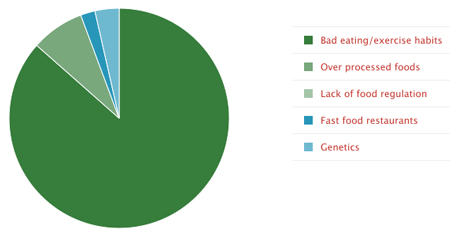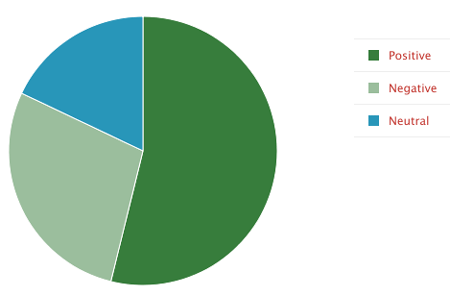A three-year initiative by Nebraska corn growers to fund research into feeding the ethanol co-product distillers grains to cattle has resulted in some new breakthroughs.
 The initiative created a beef cattle advisory committee to work with University of Nebraska researchers to identify research projects that would benefit cattle producers and the Nebraska Corn Board then provided funding for the projects.
The initiative created a beef cattle advisory committee to work with University of Nebraska researchers to identify research projects that would benefit cattle producers and the Nebraska Corn Board then provided funding for the projects.
“We were very pleased with how everything came together, as it allowed the corn checkoff to fund key research and more quickly advance the understanding of feeding distillers grains to cattle,” said Kelly Brunkhorst, director of research for the Nebraska Corn Board. “While this initiative has ended, the Nebraska Corn Board continues to fund research and further expand our knowledge and understanding of feeding distillers grains to cattle. We believe distillers grains, which are produced by ethanol plants, give Nebraska cattle producers a tremendous advantage in the marketplace, so the more we know the better.”
Studies involved both feedlot cattle and forage cattle. Among the findings for feedlot cattle is the drying distillers grains increases production costs and greenhouse gas emissions and has a less positive an impact on cattle performance compared to using wet distillers grains. Modified distillers grains, meanwhile, is intermediate to wet and dry distillers grains. Understanding this has huge implications for Nebraska as Nebraska cattle producers can utilize wet distillers grains due to the proximity of corn, cattle and ethanol plants. “The research provided excellent results on comparing these types of distillers grains,” said Galen Erickson, a beef feedlot specialist with the University of Nebraska.
For cattle on forage, the study found that the energy value of distillers grains in forage based-diets was a major need by the industry. “Thanks to research conducted through the initiative, this is now known and is well established,” said Aaron Stalker, a beef range specialist with the university. The comparison was also made to other major energy supplements in forage diets, such as corn.
Brunkhorst said continued research is necessary as ethanol production technology continues to advance and new techniques like extracting corn oil for other uses results in changes to the make-up of the distillers grains.
![]() ZimmPoll is sponsored by Rhea+Kaiser, a full-service advertising/public relations agency.
ZimmPoll is sponsored by Rhea+Kaiser, a full-service advertising/public relations agency.


 For the fourth year, the United Soybean Board (USB) through
For the fourth year, the United Soybean Board (USB) through 
 “United is taking a significant step forward to advance the use of environmentally responsible and cost-efficient alternative fuels,” said Pete McDonald, United’s executive vice president and chief operations officer. “Sustainable biofuels, produced on a large scale at an economically viable price, can one day play a meaningful role in powering everyone’s trip on an airline.”
“United is taking a significant step forward to advance the use of environmentally responsible and cost-efficient alternative fuels,” said Pete McDonald, United’s executive vice president and chief operations officer. “Sustainable biofuels, produced on a large scale at an economically viable price, can one day play a meaningful role in powering everyone’s trip on an airline.” 
 The association which represents European ethanol producers is requesting that the European Commission take action “against unfair imports of fuel ethanol from the United States.”
The association which represents European ethanol producers is requesting that the European Commission take action “against unfair imports of fuel ethanol from the United States.”  “In the past six months to a year, there’s been a strong connection between the stock markets and the energy markets,” Cooney said. “When things look bad in Europe, then our stock market tends to fall off and when the stock market falls off the energy markets tend to fall off.” He says world events in the currency and stock markets and whether the economy is strengthening or weakening have more impact on energy markets than public policy decisions, like the blenders tax credit for ethanol and the Renewable Fuels Standard.
“In the past six months to a year, there’s been a strong connection between the stock markets and the energy markets,” Cooney said. “When things look bad in Europe, then our stock market tends to fall off and when the stock market falls off the energy markets tend to fall off.” He says world events in the currency and stock markets and whether the economy is strengthening or weakening have more impact on energy markets than public policy decisions, like the blenders tax credit for ethanol and the Renewable Fuels Standard.  The initiative created a beef cattle advisory committee to work with University of Nebraska researchers to identify research projects that would benefit cattle producers and the
The initiative created a beef cattle advisory committee to work with University of Nebraska researchers to identify research projects that would benefit cattle producers and the  The House Committee on Science, Space and Technology’s Subcommittee on Energy and Environment is
The House Committee on Science, Space and Technology’s Subcommittee on Energy and Environment is 